Monday 5th February 2024, at Isano Center, the Presbyterian Church in Rwanda hosted the 51st International conference on dialogue between Jews, Christians and Muslims in Rwanda (JCM) . This conference organized by UEM and the participants came from RDC, Tanzania, Kenya and Rwanda. German and Asian attended online streaming. The Theme ʺwhat is home? ʺ
In Opening remarks, the President and Legal Representative of Presbyterian Church in Rwanda, Dr Pascal Bataringaya he said : ʺ I appreciate very much the efforts made for this initiative of holding the conference that comes at the right time, because this year 2024 marks the 30 years of the commemoration of the genocide against the Tutsi in Rwanda in 1994, one of the extreme violence of the 20th century in Africa and in the world.
I thank all of you for having offered your time to be here in our country, in order to reflect on this interesting theme.Rwanda has gone through a tragic history of political violence that culminated in 1994 into the genocide against the Tutsi. It is estimated that more than 1 million people were killed in a period of 100 days. Besides the loss of human lives, the genocide caused considerably damage to socio-economic structures, properties, family and community cohesion.
Social relations were destroyed; the sense of humanity and community was not taken into consideration. Home was without meaning in the context of the genocide against the Tutsi.
Today, when we try to have a look at what is happening in the world, 30 years after this tragic situation, many people in the world are currently refugees, some abroad in foreign countries, others in their own countries.
In Rwanda thousands of people from the neigbour countries are also in the refugees camps. We have welcome them and the doors are still open to those who don’t have home. How can we talk about home while people are forced to leave their countries?
As we all know, the situation of refugees is related to the wars, conflicts, persecution for political, religious or cultural causes.
This is also connected to the contexts of injustice, discrimination, domination, exclusion and violence.
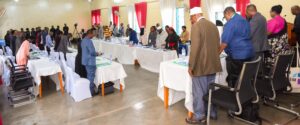
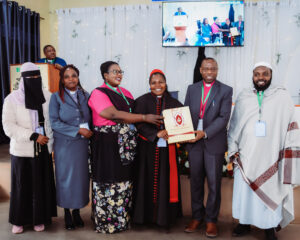
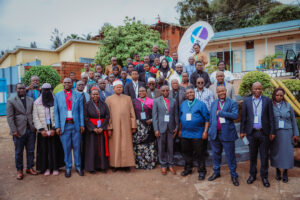
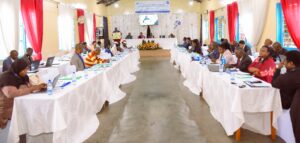
In addition to the wars that cause the refugees contexts, we always face the situations of natural disasters which also force people to leave their homes and become refugees.
That is why, to talk about home and the meaning of home in the current situation is a necessity for the Christians, Jews and Mulims as we are all the believers of the three Abrahamic religions but also the descendants of Abraham.
God of Abraham, our God in whom we all believe and trust is One, and we all are His children, the same family, the same nation. He has always wanted his people to truly belong to him.
As we are all together in this International Conference, here in Isano Guest House, we are supposed to take our time, to explore together from an interreligious and intercultural perspective addressing the issue of “What Home means” and to see together which responses the jewish, christian and muslim traditions and cultures have to bring to the loss of home, the loss of his or her own land; as it is a big challenge today.
The meaning of “Isano” where we are now gathered is “ the relationship” or very simply “the link”. It means the relation or the link between us, between humans but also between us and God. This can be extended to the meaning of the word/concept “ Religion”: We are all connected to God and therefore to each other.
That is why to talk about “Home” is to want to realize God’s dream for humanity – as we know that we are indeed members of one family, the human beings Family, bound together in a delicate network of interdependence of life.”
African tradition agrees with the Bible and I think with the Koran in asserting that, Land belongs to the high God. So to exclude others from their land, from their home is considered as a sign of unfaithfulness to God.
Excluding or isolating others from their home is sin! To isolate and demonstrate hatred towards others is sin and a rejection of God’s love and Himself!
That is why all Churches and Faith based organizations have to build the capacity of their members and the society at large to prevent violent conflicts and sustain peaceful interactions among their believers in order to promote the sense of home and abundant life for all.”
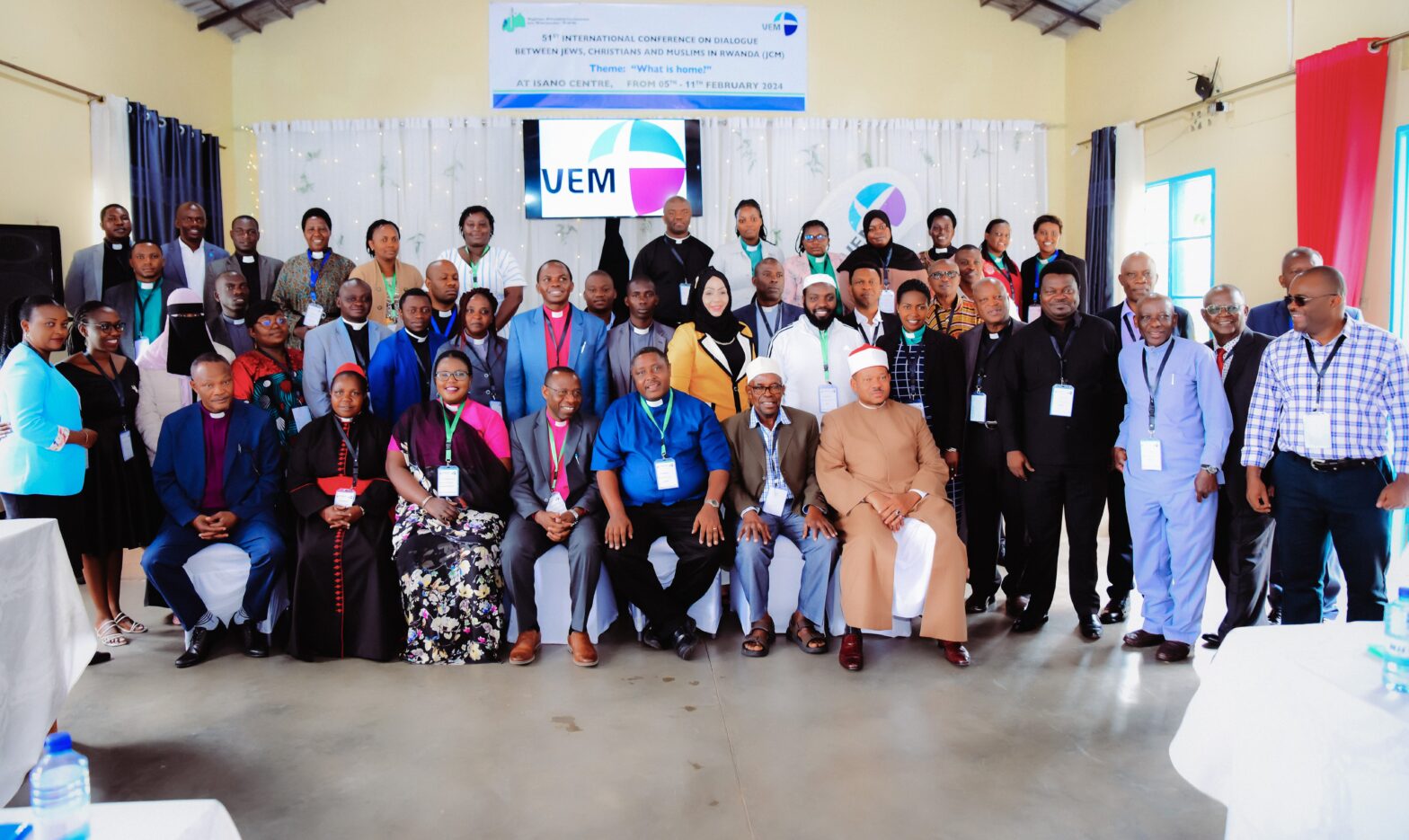
Leave a Reply